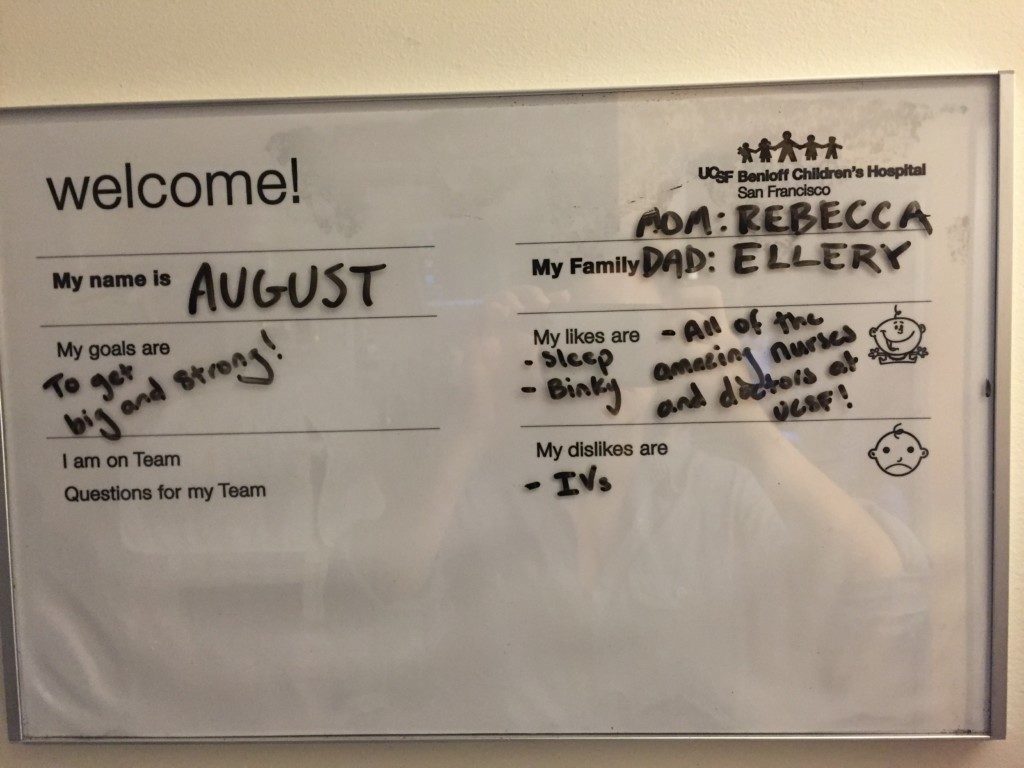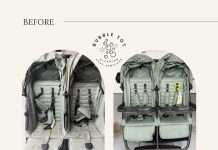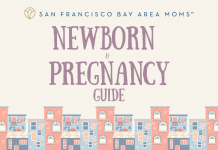 I reached my hand through the hole on the side of the incubator and gently patted my baby’s tiny belly. I let my fingers rest on his chest and felt the steady boom, boom, boom of his heart. “I’m your mama,” I whispered.
I reached my hand through the hole on the side of the incubator and gently patted my baby’s tiny belly. I let my fingers rest on his chest and felt the steady boom, boom, boom of his heart. “I’m your mama,” I whispered.
This was the first time I was able to talk to my son, the first time I felt his skin. Auggie was born six weeks early due to fetal distress, so after his birth, instead of resting his naked body against mine, he was immediately whisked away. And instead of taking him home after 48 hours, my husband and I sat beside him in the purple ward of the Neonatal Intensive Care Unit (NICU) for two weeks.
I won’t pretend to know what other NICU parents are going through—or have been through. (Compared to many, we had it easy because our son was relatively healthy.) And I won’t pretend to know what will make other NICU parents’ hearts hurt less or what will make their days and nights easier. I can, however, share the things that helped me make it through the minutes and hours and days and weeks, the little lights I stumbled upon that made my time in the NICU a little less dark.
The Nurses’ Expertise
I honestly don’t think I could have survived without the NICU nurses. They kept our son alive (!), and concurrently gave us a crash course in parenting. The nurses taught us how to hold our son and change his diaper and take his temperature and give him a bath. They answered our many questions and offered constant reassurance.
One of the most useful nuggets they shared with us was to ignore the blaring beeps of the monitors (there were many) and look at our baby. ”Let us deal with the monitors,” one nurse said. “That’s our job, not yours. Your job is to get to know your child.” We learned that if a warning alarm went off, but our baby looked fine and didn’t seem to be in distress, it was most likely a false alarm. My heart still jumped out of my chest with every loud bing, but looking at Auggie and seeing that he was fine made it easier to move on.
Fifteen months later, my husband and I still talk about how wonderful the UCSF NICU nurses were. We’ll always be grateful.

Self-Care
I hated when people told me to take care of myself. How was I supposed to do anything for myself knowing that my child was stuck in an incubator in the NICU? The very thought of taking care of myself felt indulgent.
But when I finally stepped away from my son’s side and took a shower, pulled on some clean clothes, and combed my clean hair, I felt a little stronger.
I had to fight through guilt every day, but doing little things for myself (like showering and sleeping at home in my own bed) helped me to be more present and positive when I was with my son.
Whatever it is you want to do for yourself, do it. And if the guilt becomes too loud in your head, ask your partner or a family member or a nurse to help you silence it.
Here are a few other ideas for taking care of yourself: take a walk, grab a morning coffee, call a friend, watch TV, get a haircut, read a book, take a nap. (Other ideas? Add them to the comments below!)
A Journal
Someone wise told me to write down my birth story and NICU experience before the details escaped my memory. Like taking a shower, it felt indulgent to steal time for words—but writing is more than just a way to preserve the day-to-day; it’s a way to process the millions of thoughts swirling around your head and the very intense feelings that are inevitable in the NICU. If therapy isn’t an option, the next best thing is keeping a journal. (And what the wise woman said is true: time fades those tiny details that feel so permanent when you’re in the thick of it, so if remembering is important to you, write it out.)
Community
We spent every day sitting in a small room beside Auggie’s incubator, so we appreciated when our family and friends came to visit us. We also appreciated when they brought us food and told us stories from the outside world.
While people were mostly a good distraction, there were times I wanted to be alone with my tiny baby, times I didn’t want to hear what was happening in the world, times I wished people could understand how utterly exhausting it was being a parent in the NICU. My husband helped set boundaries, and when he too was overwhelmed, the amazing nurses stepped in to help us regain our privacy. Like with self-care, do what feels right for you. Enjoy visitors when you’re up for it, and close the door when it feels like too much.
People handle trauma in different ways. My husband and I used the rhythm of a routine to help us navigate uncomfortable feelings and long stretches of time: we got up in the morning, drove to the hospital, held and fed and loved our baby, and then tearfully said goodbye as night fell. Leaving was always, by far, the hardest part. Fortunately, there came a day when we were able to leave together as a family of three.


















Hi, im former NICU mom as well on the Bay Area and I wanted to know if you knew of any parent preemie organizations or support groups.
Sorry I entered the wrong email